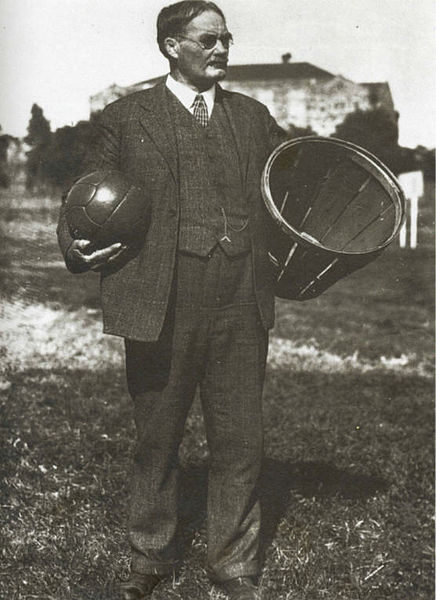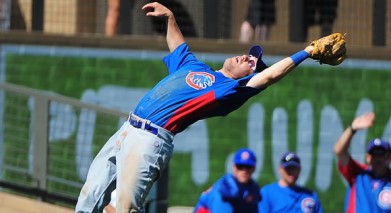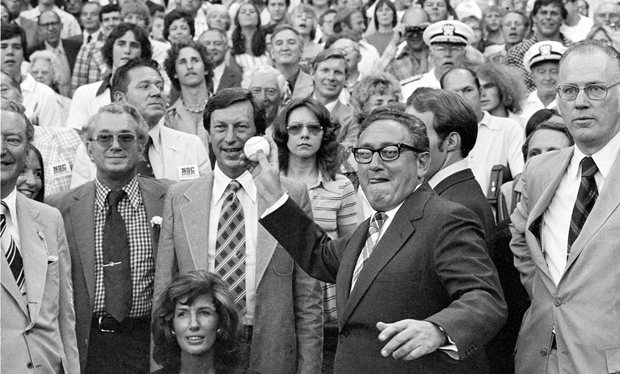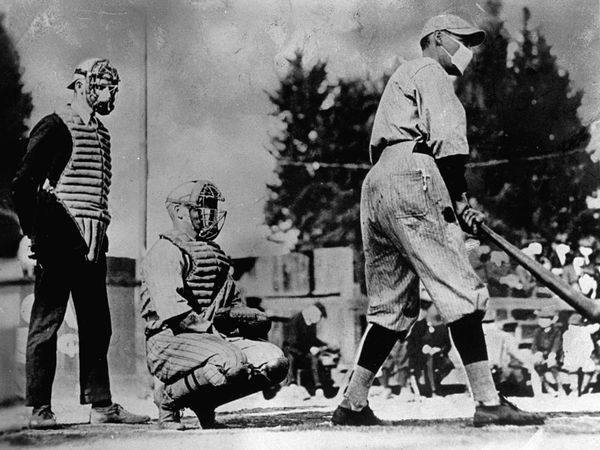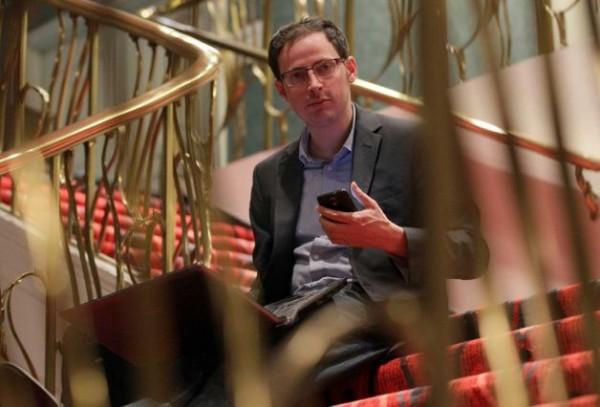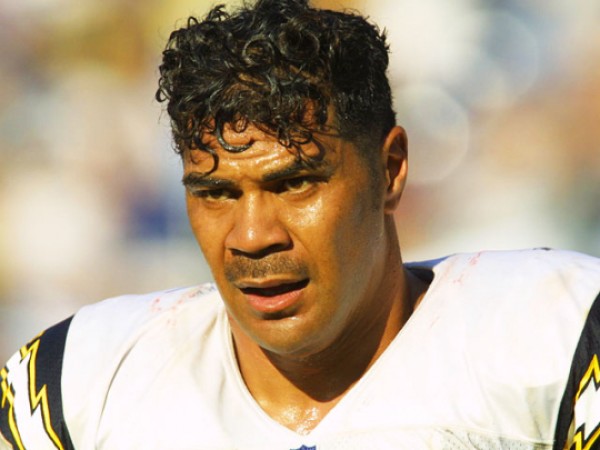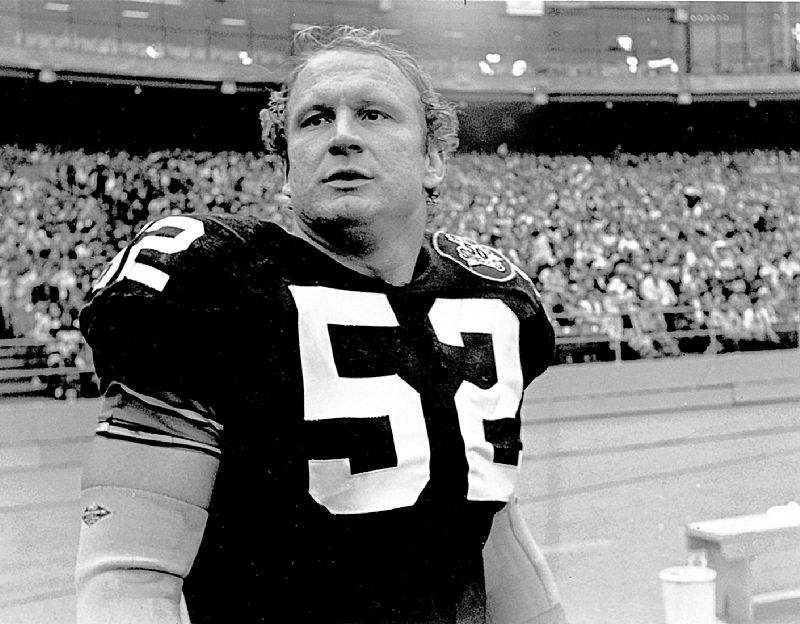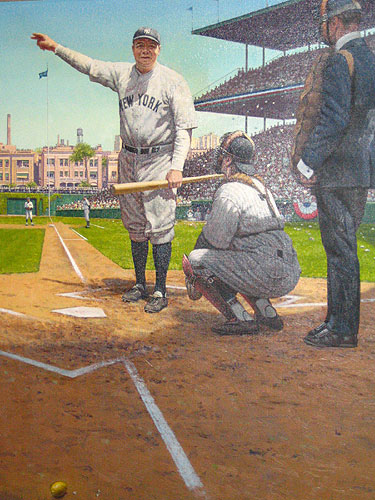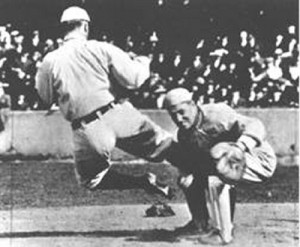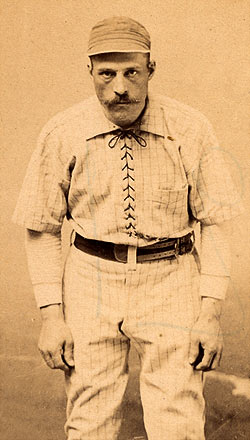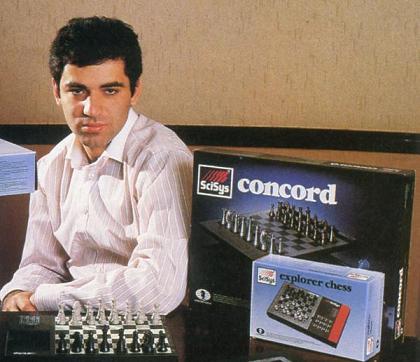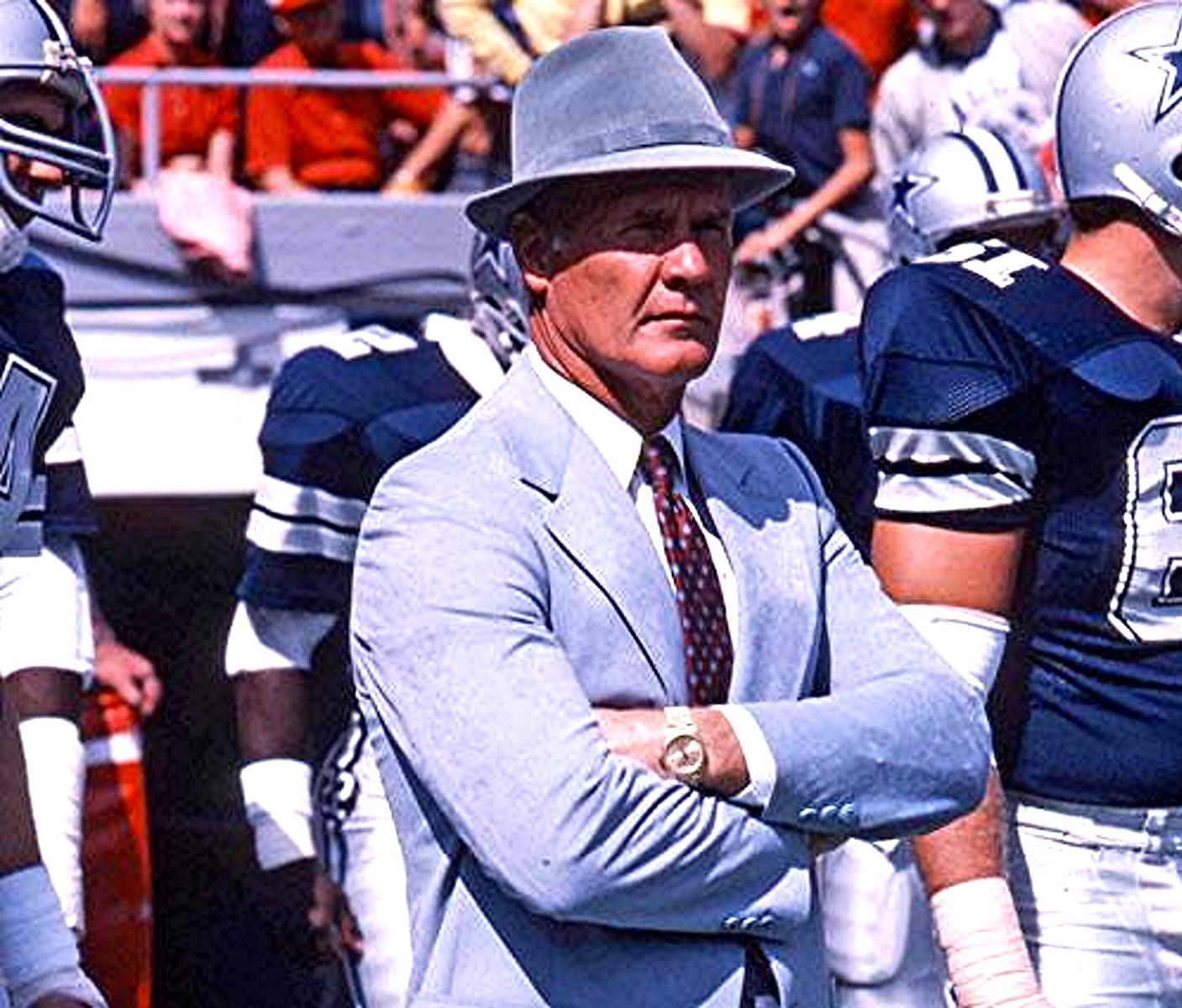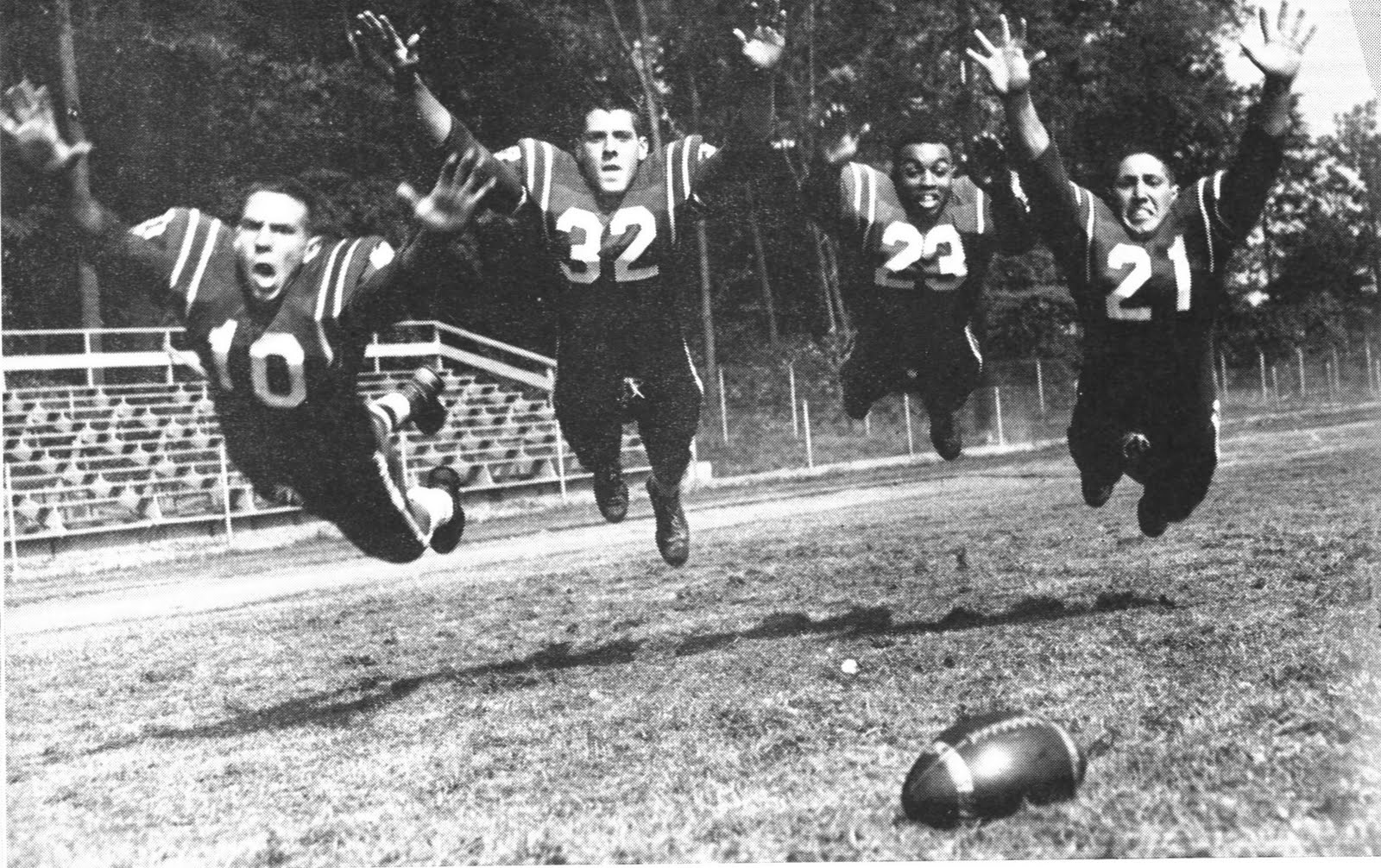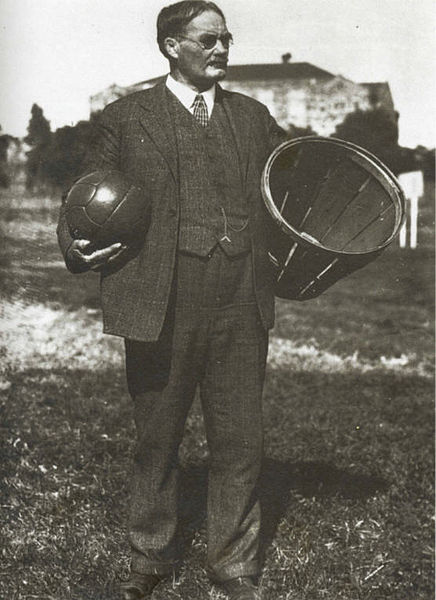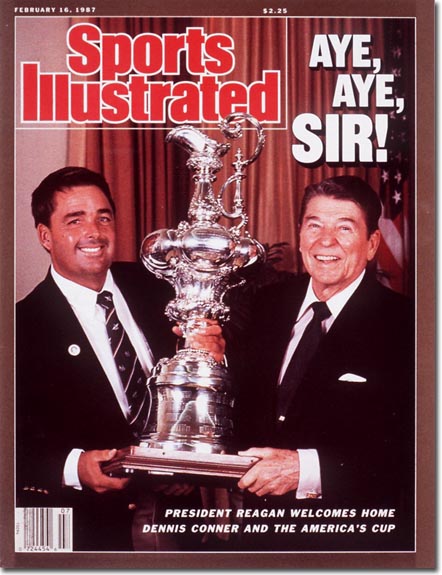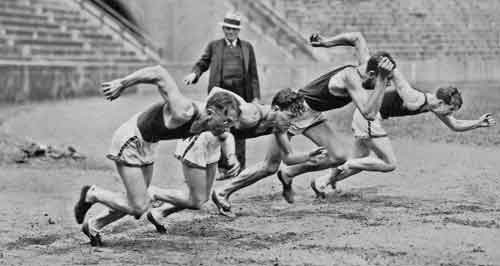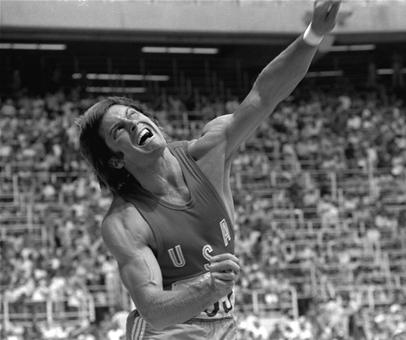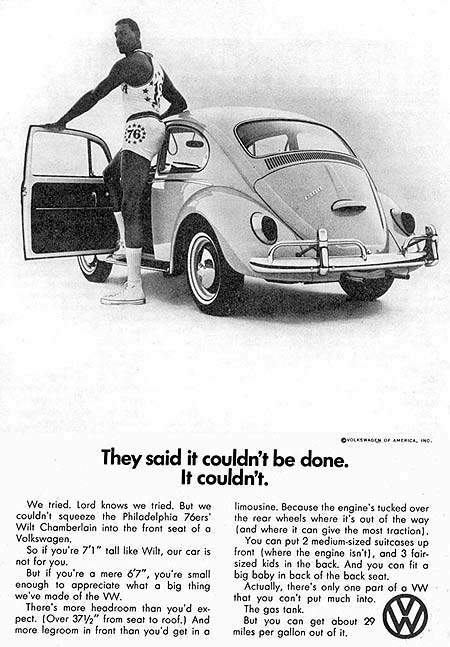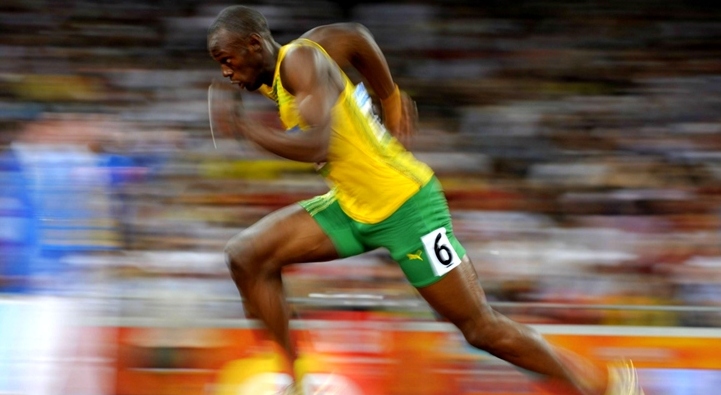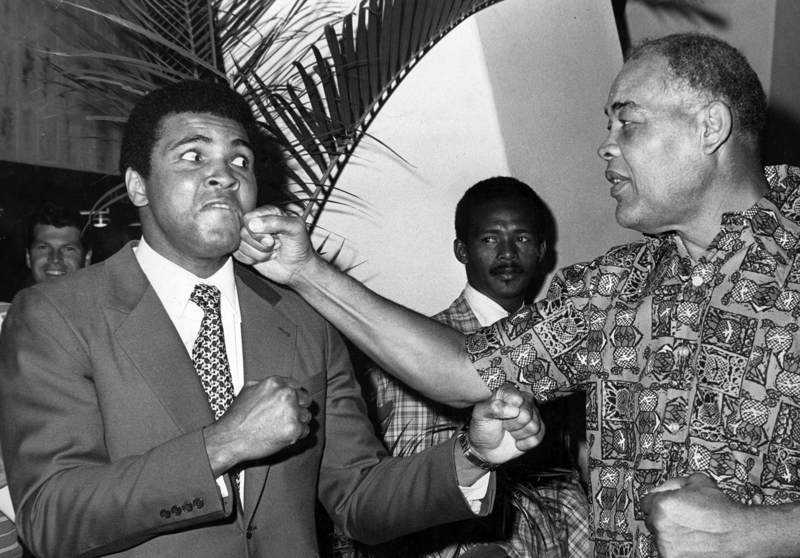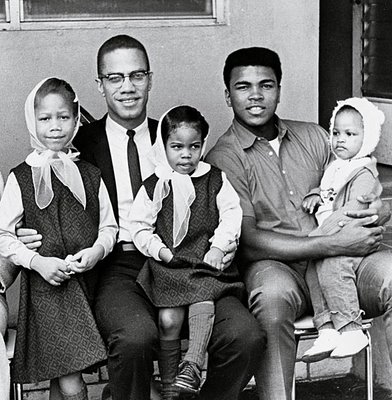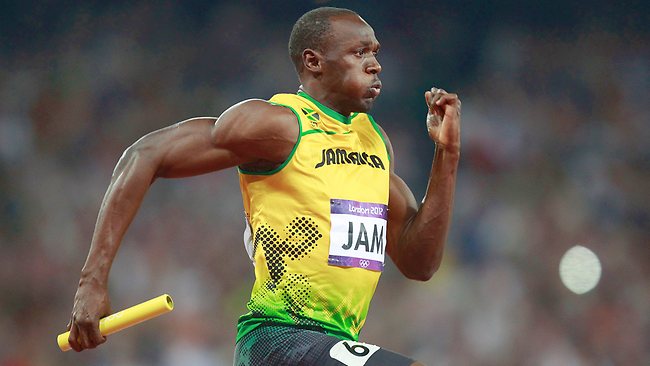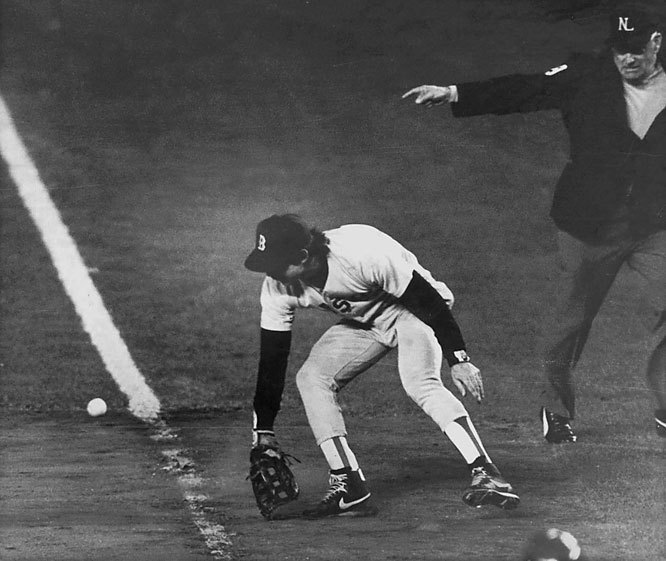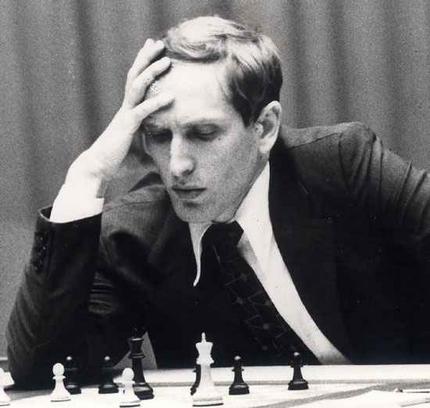
I know baseball fans are supposed to hate player agent Scott Boras because he’s greedy and forces the game to be about money and makes ticket prices go up, but I don’t feel that way because it’s hypocritical in addition to being plain wrong. Boras represents his clients in a professional manner, works to see that players do as well as the owners (as it should be) and has no effect on ticket prices, since those are determined by owner perception of what the market will bear. Only in baseball can a small group of rich, supposedly capitalist people (owners) use an anti-trust exemption to eliminate competition, continually ask for welfare (i.e., taxpayer money to build luxury-box lined stadiums which price out those taxpayers) and complain about someone (Boras) who just wants a free market. Or a freer one, at any rate.
For a few years, the agent has been pitching the MLB to switch to a neutral, warm-weather site for the first two games of the World Series, in an effort to stem the championship’s increasing regionalization. It’s certainly better than anything Bud Selig and his lieutenants have come up with. Boras’ thoughts are covered this week in Nick Cafardo’s Boston Globe column, a perplexing weekly baseball roundup that mixes intelligent reporting with stupefying close-mindedness. There are gems like this: “Andy Pettitte is a Hall of Famer. Period.” No, he isn’t. Exclamation point! But even if you disagree, we should be able to debate the matter without someone preempting it so he doesn’t have to defend his position.
Anyhow, I’ll post some of the better stuff from this week’s Cafardo column, which concerns Boras’ proposal, followed by my own idea along the same lines for a rehashed Wild Card playoff.
From Boras:
“For five years super agent Scott Boras has called for something that makes a lot of sense — having the first and/or second game of the World Series take place in a neutral setting. Set it up much like the MLB All-Star Game or the Super Bowl, thus creating a year’s worth of interest in an event that has become, in Boras’s opinion, ‘regionalized.’
If you had two games to start the World Series in a warm-weather climate and/or dome, you’d create quite a buzz. The prelude to the game or games, Boras suggests, would be a gala, followed by a big ceremony where the Cy Young, MVP, and other awards would be part of a TV special in the host city. He calls it, baseball’s Oscars.
All of this, in Boras’s view, would get the corporate world involved much like it is for the Super Bowl. …
‘It would be a gathering place for all of baseball,’ Boras said. ‘The team officials would have to show up for the awards and other business. It could be the start of the hot-stove season as it once was. It would bring baseball center stage. It would make the World Series an event, much like the All-Star Game, which is the best in sports. Why not take all of the metrics of that event and apply them to the World Series?’
It’s true that the World Series has lost a bit of luster.”•
My idea for Wild Card Weekend:
End the regular season on a Wednesday and leave two days for possible tie-breaking games and travel. Three days after the season ends is Wild Card Saturday (“One Saturday, Two Celebrations”). You choose a neutral, warm-weather or domed location and hold both the AL and NL Wild Cards on the same day on the same field. (If you want a home playoff game, you have to win.) There would be one early game and one late game with “halftime” entertainment. Reveal regular-season awards in a live televised event from the host city the night before the games are played. Have cities bid on Wild Card Saturday a couple years in advance. Because you are guaranteeing two victory celebrations on the same day, it should be an easy sale for TV.•

